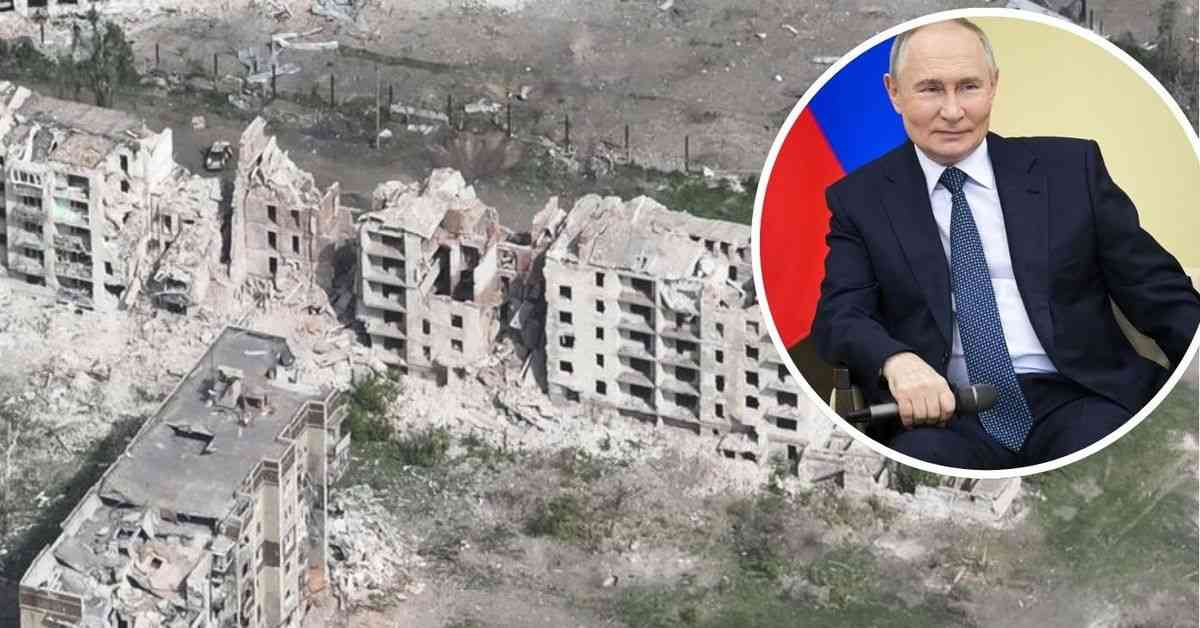Three years after Russian President Vladimir Putin ordered his troops to storm Ukraine, triggering Europe’s biggest conflict since World War II, he now stands on the verge of emerging with his aims intact. On February 24, 2022, Putin launched a “special military operation” that was expected to result in a swift victory. However, the aftermath saw tens of thousands of troops and civilians killed, millions of Ukrainians displaced, and cities left in ruins.
Putin’s move was not only met with international outrage but also resulted in severe sanctions aimed at crippling the Russian economy. Despite facing significant challenges, recent developments in US policy, particularly under President Donald Trump, have shifted the diplomatic landscape in Putin’s favor. This change has been described as an “absolute victory” for Putin by Matthew Sussex, a senior fellow at the Centre for Defence Studies at the Australian Defence College.
The Trump administration’s pivot towards Russia has raised concerns about the broader implications beyond the Ukraine conflict. Talks between senior American and Russian officials in Saudi Arabia have been focused on improving ties, negotiating an end to the war, and potentially arranging a meeting between Trump and Putin. This shift in policy has not only impacted the ongoing crisis in Ukraine but also has implications for European security and the NATO military alliance.
Implications for European Security
Sussex highlights that Putin is now closer than ever to solidifying Moscow’s territorial gains in Ukraine and keeping the country out of the NATO alliance. The recent statements by top US officials suggesting a shift in their stance towards European security have raised alarms among European allies. The signals sent by US Secretary of Defence Pete Hegseth and Vice President JD Vance have led to concerns about the US’s commitment to European security and the NATO alliance.
The deteriorating relations between Trump and Ukrainian President Volodymyr Zelenskyy have further complicated efforts to resolve the conflict in Ukraine. Zelenskyy’s accusations against Trump and the US leader’s disparaging remarks about his Ukrainian counterpart have added strain to the already fragile situation. Despite Trump’s efforts to broker a peace deal, experts believe that Putin, known for his strategic patience, is in no rush to reach a resolution.
The Road Ahead
As the diplomatic landscape continues to evolve, the implications of Trump’s foreign policy decisions on global security remain uncertain. Putin’s perceived triumph in the face of Western disunity and reduced US support for Ukraine could embolden him to pursue further aggressive actions in Eastern Europe. However, the sacrifices made by Ukraine have also weakened Russian conventional forces, providing European nations with a window to strengthen their defenses.
While talks of a peace deal in Ukraine are underway, the outcome remains uncertain, with Putin likely to leverage the fractured Western unity to his advantage. As experts observe the unfolding developments, the shifting dynamics in international relations underscore the complex interplay between diplomacy, security, and regional stability. The path forward is fraught with challenges and uncertainties, requiring a delicate balance of strategic foresight and diplomatic engagement to navigate the complexities of a rapidly evolving geopolitical landscape.





